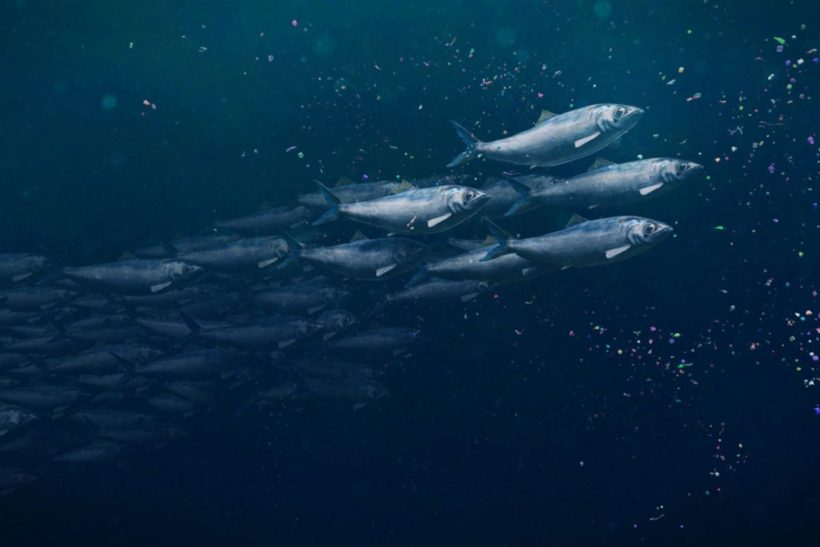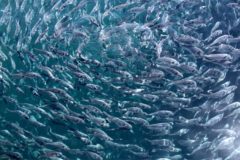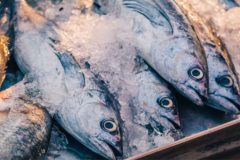The economic link changes mainly affect the pelagic sector, which makes significant landings abroad, mostly into Norway but also Denmark and Ireland, because better prices can often be obtained there than in Scotland. Scottish pelagic processors have called for more landings to be made into Scotland for many years.
The latest statistics from Marine Scotland confirm that in 2021 Scottish vessels landed 170,000t of sea fish and shellfish worth £148m abroad. Landings abroad make up 39% of tonnage and 26% by value. Although a small number of Scottish whitefish vessels made landings abroad last year, the vast majority of these were of pelagic fish, landed both into Ireland and Scandinavia, including much of the additional pelagic quotas that prior to Brexit were swapped with Norway in return for cod and haddock.
The Scottish pelagic fleet is largely based in Fraserburgh and Shetland, and is mostly in membership of the Scottish Fishermen’s Organisation and the Shetland FPO.
The two POs issued a joint statement to express their ‘fundamental disagreement’ with the new economic links, which said: “While Scottish pelagic fishermen of course want to see a thriving pelagic processing sector in Scotland, we have painstakingly explained to the Scottish government throughout what’s been a long-drawn-out five-year consultation that this proposed legislative approach is an irresponsible means of achieving that goal.
“We fundamentally disagree with the stance taken by the Scottish government, which ignores our serious concerns around the practical, economic and legal questions that now undoubtedly arise.”
Ian Gatt, chief executive of the Scottish Pelagic Fishermen’s Association (SPFA), said the SPFA did not support the changes being carried out through legislation. He said: “When we responded to the government’s consultation, we supported the government’s objective to get more fish landed into the Scottish pelagic factories, but we didn’t support that being done through legislation, so we’re disappointed that legislation has been brought in.”
In consultation responses, pelagic catchers and some POs and fish agents said changes to the economic link licence condition were intended to subsidise the processing sector at the expense of the pelagic fleet.
Pelagic vessel owners also expressed concern that if they are forced to land more into Scotland, they could suffer financial loss, as prices tend to be less competitive in Scotland than abroad and processors could offer lower prices.
There were also claims that there is insufficient pelagic processing capacity, cold storage and freezing facilities in Scotland to facilitate increased pelagic landings.
Supporters of the changes argued they would provide new opportunities for processors and enable them to plan more effectively, give a sound platform for investment, stimulate confidence in the sector, and redress the balance between fishermen and the onshore sector.
Some wanted the landings target of 55% to be implemented straight away, as well as additional, specific targets for high-value pelagic species such as mackerel to avoid redundancies in the processing sector.
Jimmy Buchan, chief executive of the Scottish Seafood Association, told Fishing News that if more fish is to come into Scotland, funding should be made available to enable processors to invest in the equipment they will need to scale up their operations to cope with the additional supply.
This, in turn, would allow processors to pay more for catches, so prices would no longer be an issue, he said.
This story was taken from the latest issue of Fishing News. For more up-to-date and in-depth reports on the UK and Irish commercial fishing sector, subscribe to Fishing News here or buy the latest single issue for just £3.30 here.






